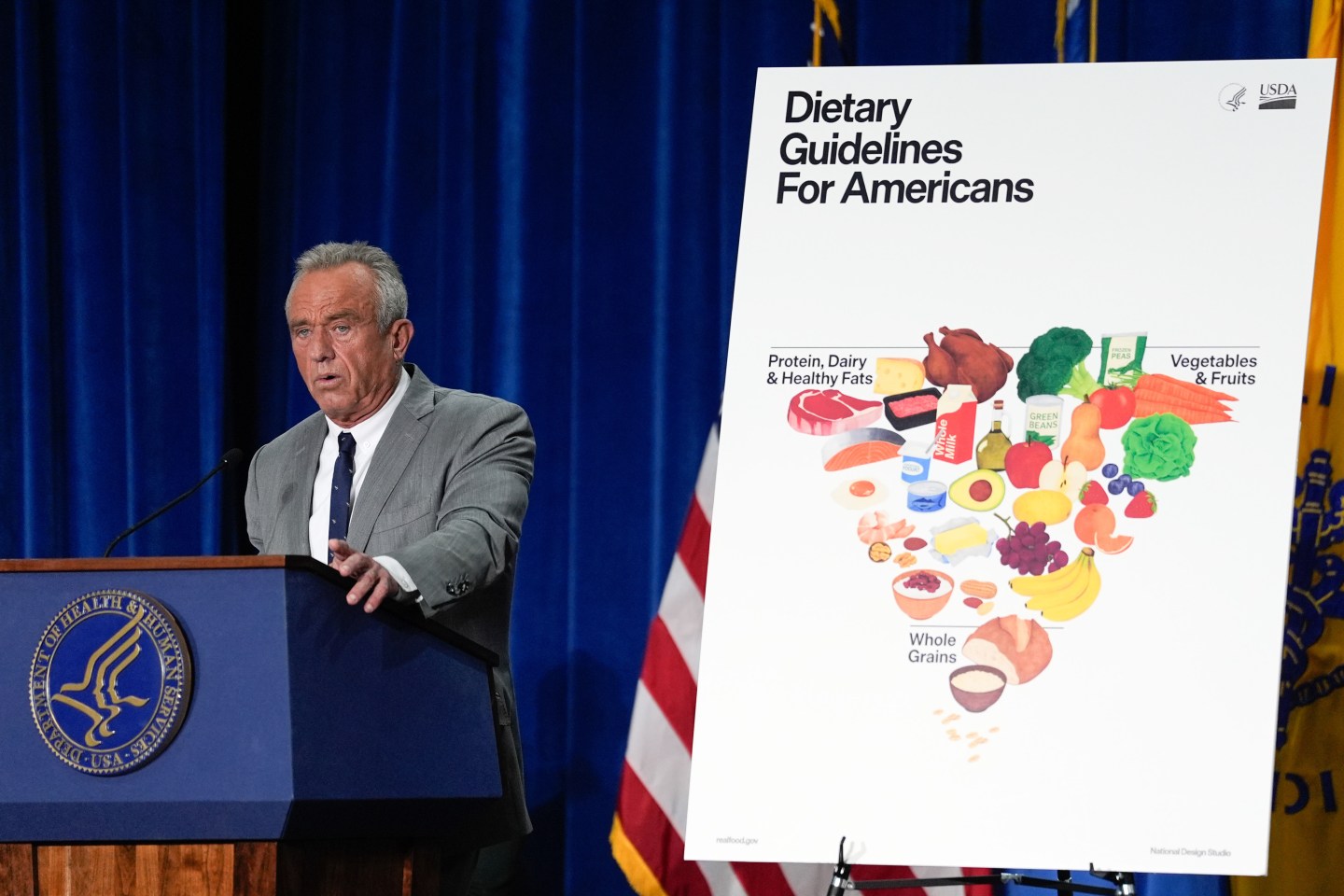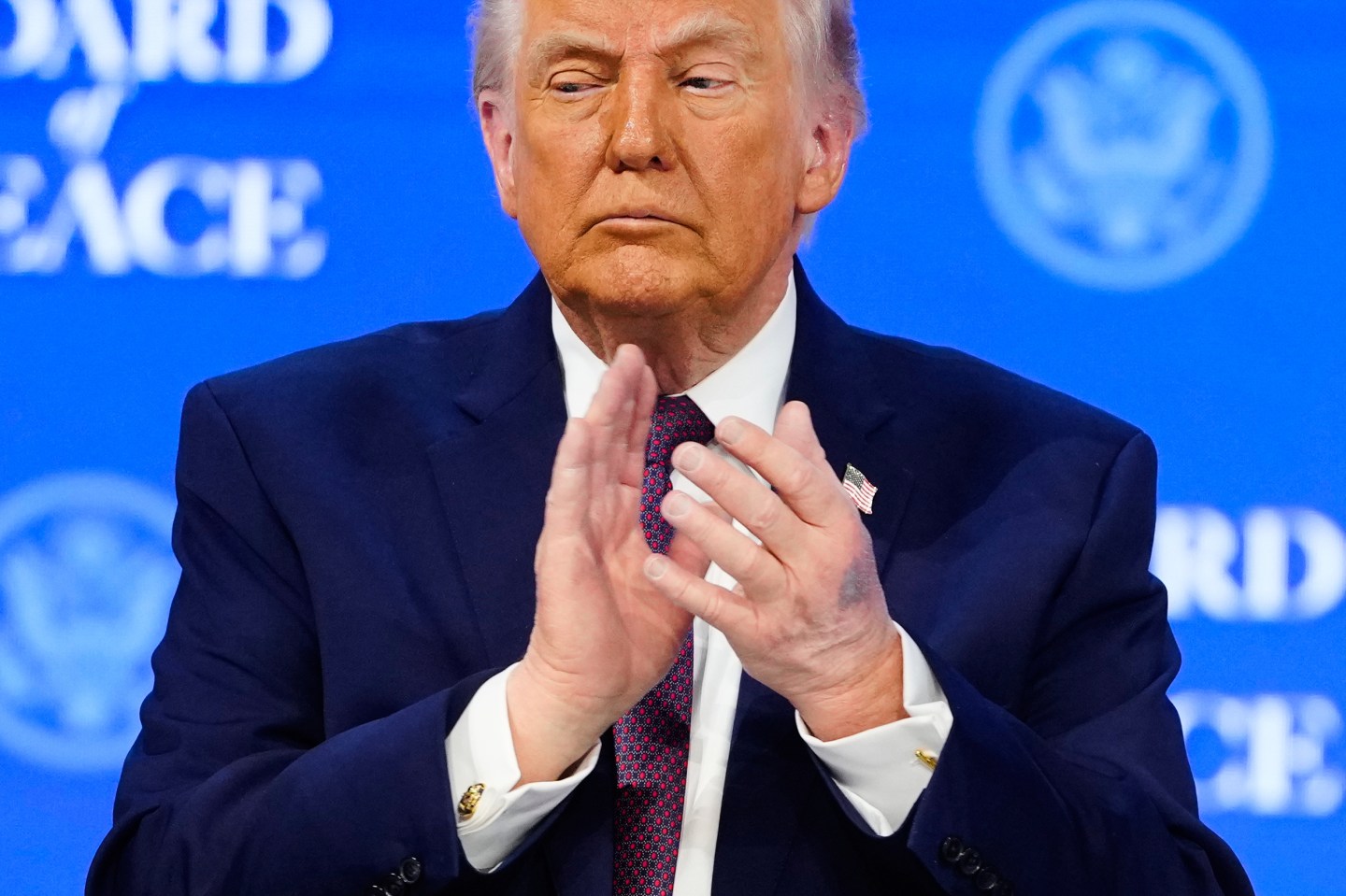With cases of COVID-19 again surging across the country and around the globe, employers face the enormous challenge of maintaining a healthy workforce.
But for many, protecting workers from the highly contagious, sometimes fatal coronavirus is no longer the top worry: It’s the anxiety, depression, loneliness, burnout, and stress that have come to afflict employees throughout the pandemic.
“There’s been much more of a need to deal with mental health than the physical health side of COVID, to be honest,” said Dr. Richard Jenkins, vice president of medical services at Emirates, the Dubai-based airline, at a Fortune virtual Brainstorm Health event on Thursday. Feelings of loneliness and isolation were a significant problem among the Emirates’ workforce.
“We had a couple months where our crew were either flying on the aircraft or in isolation, so the only time they were with people was when they were in the aircraft at work…That loneliness and isolation really did impact their mental health. Constant change, uncertainty, these are all things that are destabilizing and can knock you back,” said Jenkins, who noted the airline made a concerted effort to make employees feel comfortable with having and sharing those feelings: “To be concerned or be uncertain at this time is normal. So don’t be afraid of it, identify your feelings and come forward.”
Emirates offers everything from group chats and guided meditation to personal counseling for employees who need it. Jenkins has also led an effort to make senior managers more comfortable in engaging on matters of employee mental health. “We’ve linked in with the leadership teams to support them in having the confidence to ask those questions—Are you concerned? Are you frightened?—and have permission to make that a part of their daily routine and part of their leadership inquiry,” explained Jenkins.
While employees may be understandably wary divulging personal mental health issues with their managers, Dr. Jay Wohlgemuth, chief medical officer at Quest Diagnostics, thinks we’ve reached a turning point of sorts.
“Absolutely the pandemic created an environment where we accelerated the destigmatization of mental health in the workplace, and now everyone’s talking about it, and it’s okay to talk about it,” said Wohlgemuth, who said he personally has struggled with depression. He has spoken openly about his experience at Quest and thinks that’s partly why 11,000 of the company’s employees have signed up for the company’s mental health services.
“You really need a senior level champion,” said Wohlgemuth, “That kind of punched through our environment. COVID helps, of course, too. People are much more willing to talk about it.” He added that Quest’s senior leaders have been enthusiastic for training that helps them manage their own mental health as well as engage on the matter with their teams.
Along with the feelings of uncertainty and isolation, Wohlgemuth said he’s made a point of telling teams it’s okay to have fun at work right now and that a period of great suffering doesn’t mean you can’t enjoy things.
Dr. Richard Kim, chief medical officer at American Express, which has had an employee mental health program for more than a decade, said he’s been focused on meeting employees where they are—the company does regular sentiment checks on how employees feel about returning to the office among other things—and improving access to mental health care. At a time when so many employees are working remotely, and possibly in isolation, the company has made community building a major focus. It has been helpful for the workforce to “rally around something good,” as they did recently around a charitable cause.
Tina Moen, senior deputy chief health officer and chief pharmacy officer for IBM Watson Health, says this moment is all about humanity—and remembering that when it comes to employee well-being and their needs.












